The cosmopolitan city of Dubai has long been a melting pot of cultures, attracting expatriates from every corner of the globe. Among the many social phenomena emerging from this diversity, transnational marriages have become increasingly common. These unions, often bridging vast cultural, religious, and linguistic divides, reflect the unique dynamics of life in a city where over 80% of the population is foreign-born. The stories of these couples offer a fascinating glimpse into the challenges and triumphs of love in a hyper-globalized world.
Dubai’s legal framework for marriage is rooted in Islamic law, which governs personal status matters for Muslims in the UAE. For expatriates, the process can be complex, particularly when it involves partners from different nationalities or faiths. Non-Muslim foreigners have the option to marry under their own country’s laws at their respective embassies or through civil ceremonies at specialized courts. However, bureaucratic hurdles often arise, especially when dealing with documentation from multiple countries. Many couples find themselves navigating a labyrinth of paperwork, from attested birth certificates to no-objection letters from home governments.
The cultural tapestry of Dubai’s transnational marriages is as varied as the city itself. It’s not uncommon to meet a French architect married to an Emirati entrepreneur, or a Pakistani doctor building a life with a Russian ballet teacher. These relationships frequently blossom in workplaces, universities, or through the city’s vibrant social scene. What makes them remarkable is how they negotiate the delicate balance between preserving individual cultural identities while creating new, hybrid traditions. Weekend gatherings might feature biryani alongside borscht, or Friday brunches where Arabic coffee is served with croissants.
Language barriers present both challenges and unexpected joys in these marriages. Many couples develop their own linguistic fusion – switching between two or three languages mid-conversation, inventing new words that blend their native tongues, or settling on English as a neutral common ground. Children from these unions often grow up as natural polyglots, absorbing multiple languages from infancy. This linguistic diversity becomes part of their unique heritage, though it sometimes leads to amusing family moments when translations go awry during emotional discussions.
Financial considerations in transnational marriages often require careful navigation. With partners potentially having assets, careers, and retirement plans spanning different countries, financial planning becomes exponentially more complex. The UAE’s lack of a permanent residency system (until recent reforms) meant many couples faced uncertainty about their long-term future in Dubai. Prenuptial agreements are becoming increasingly common, not as predictors of divorce but as practical tools to clarify financial expectations across different legal systems.
Religious differences add another layer of complexity, particularly when one partner is Muslim and the other is not. While Islamic law permits Muslim men to marry women from Abrahamic faiths, the reverse is not allowed unless the non-Muslim male converts. Many interfaith couples develop creative solutions – maintaining separate religious practices while finding common spiritual ground, or agreeing to raise children in one faith while exposing them to both traditions. The pressure from extended families back home can be intense, with some couples facing disapproval or even estrangement.
The social landscape for transnational couples in Dubai has evolved significantly over the past decade. Where once such unions might have raised eyebrows in certain communities, they’ve now become unremarkable in many social circles. Support networks have emerged, from online forums to cultural organizations that help navigate bureaucratic and social challenges. Dubai’s famous tolerance, while not perfect, generally creates a more welcoming environment for mixed couples than might be found in their home countries.
Parenting in a transnational marriage brings its own unique rewards and difficulties. Children often grow up with a global mindset, equally comfortable in multiple cultures but sometimes struggling with questions of identity. School choices become particularly charged decisions, with parents debating whether to prioritize one cultural heritage over another or opt for international curricula. Summer vacations frequently turn into marathon world tours as families attempt to maintain connections with relatives scattered across continents.
As Dubai continues to position itself as a global hub, the phenomenon of transnational marriage will likely grow. These relationships serve as microcosms of the city itself – complex, occasionally contradictory, but ultimately proof that human connections can transcend borders. They remind us that while love might be universal, the journey of building a life together across cultures requires patience, humor, and an endless capacity for compromise. In a world increasingly divided by nationalism and identity politics, Dubai’s transnational couples offer quiet hope that difference need not be an obstacle to intimacy, but can instead become its greatest strength.
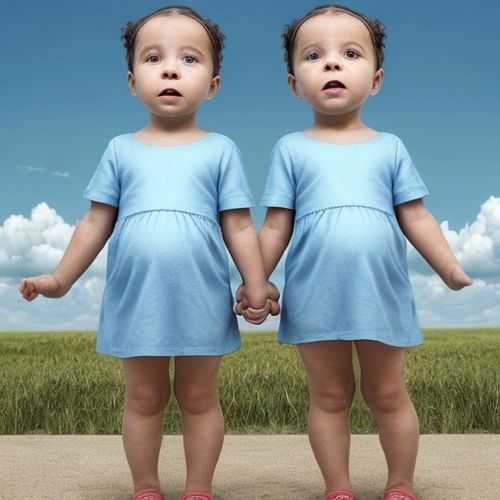
By Eric Ward/Apr 19, 2025

By Sophia Lewis/Apr 19, 2025

By George Bailey/Apr 19, 2025
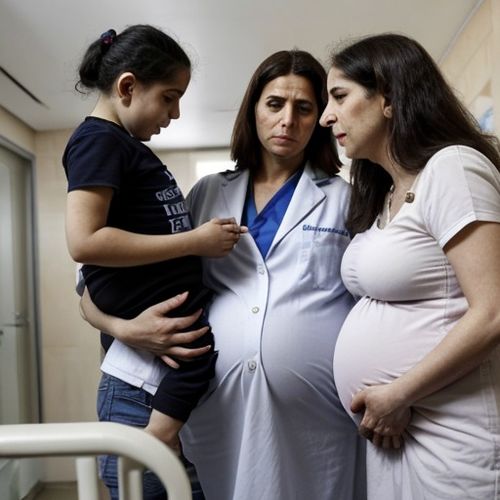
By George Bailey/Apr 19, 2025
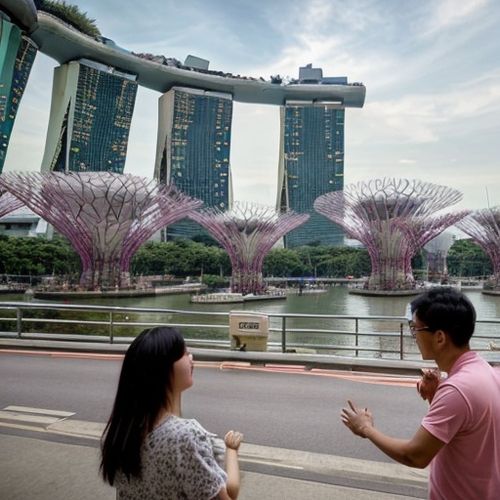
By Grace Cox/Apr 19, 2025
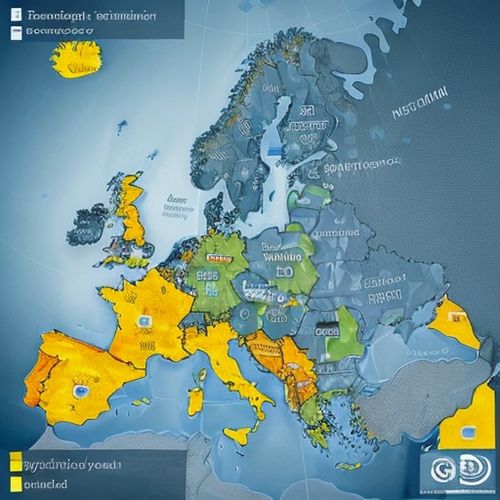
By Natalie Campbell/Apr 19, 2025
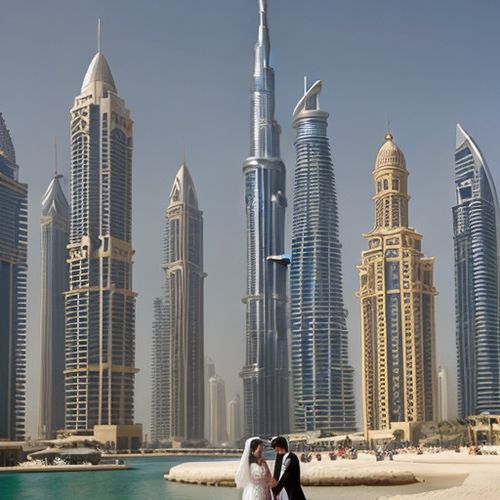
By Sarah Davis/Apr 19, 2025

By Michael Brown/Apr 19, 2025
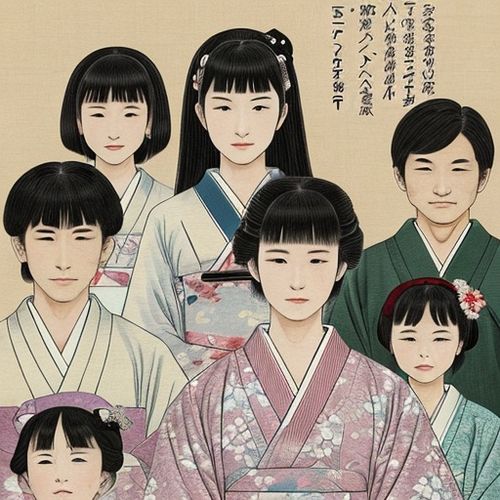
By George Bailey/Apr 19, 2025
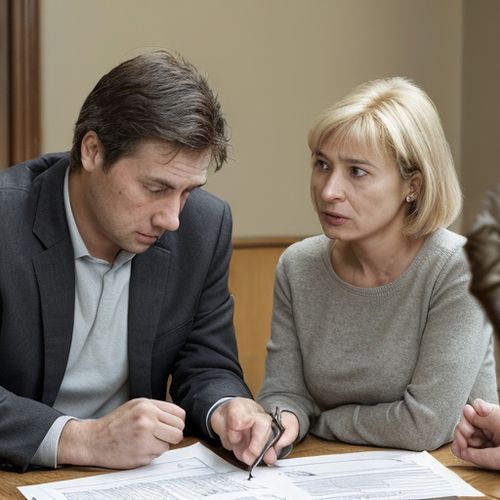
By Victoria Gonzalez/Apr 19, 2025
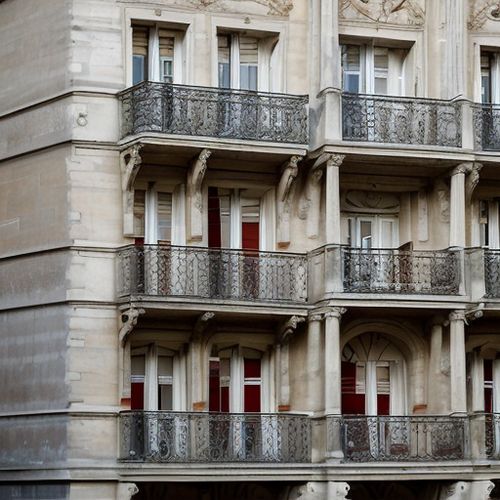
By Christopher Harris/Apr 19, 2025
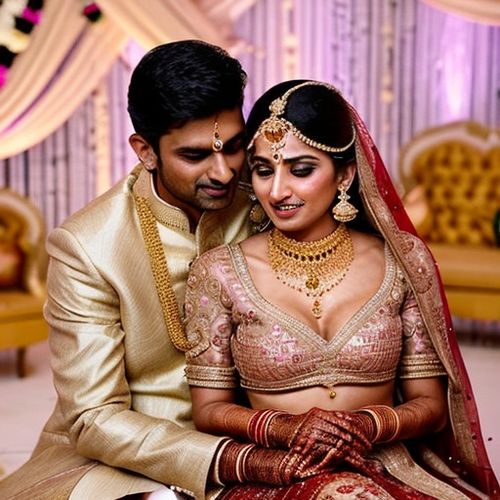
By Natalie Campbell/Apr 19, 2025
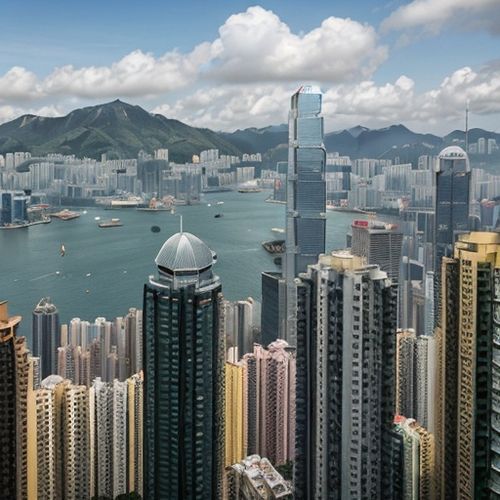
By Sophia Lewis/Apr 19, 2025

By James Moore/Apr 19, 2025
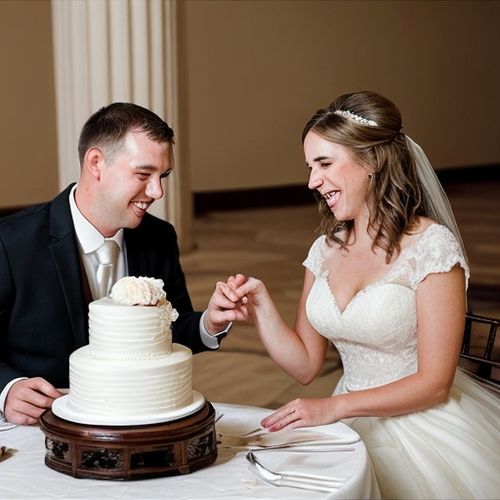
By Natalie Campbell/Apr 19, 2025
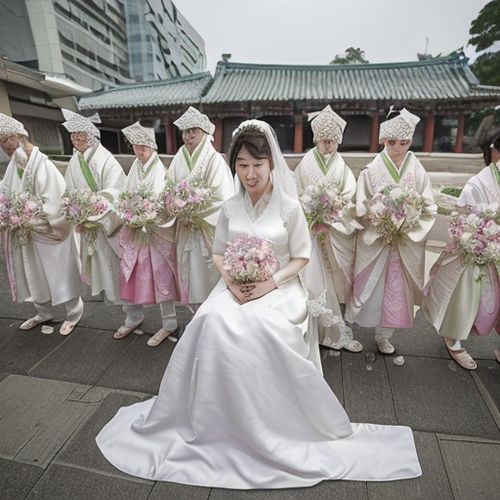
By Emily Johnson/Apr 19, 2025
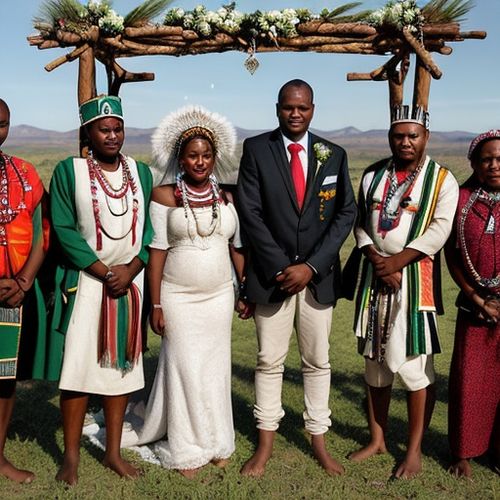
By James Moore/Apr 19, 2025
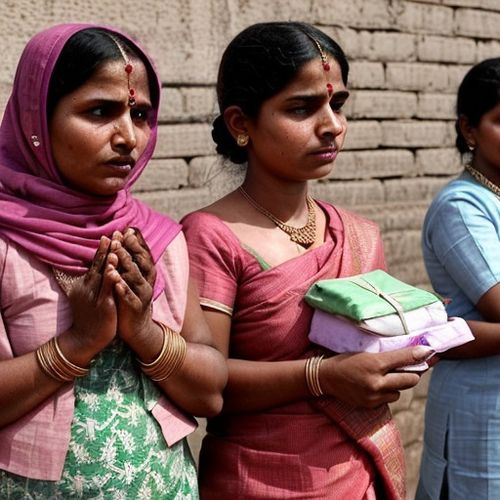
By Amanda Phillips/Apr 19, 2025
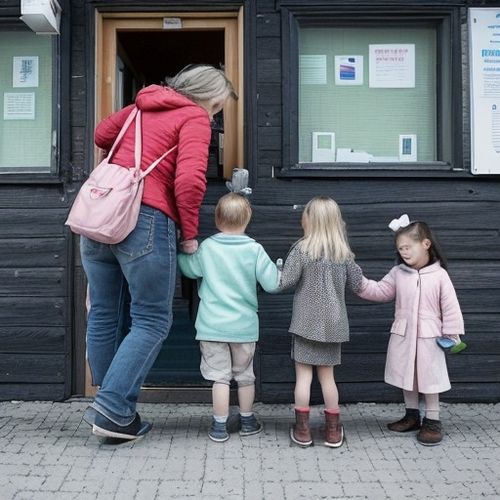
By Emily Johnson/Apr 19, 2025
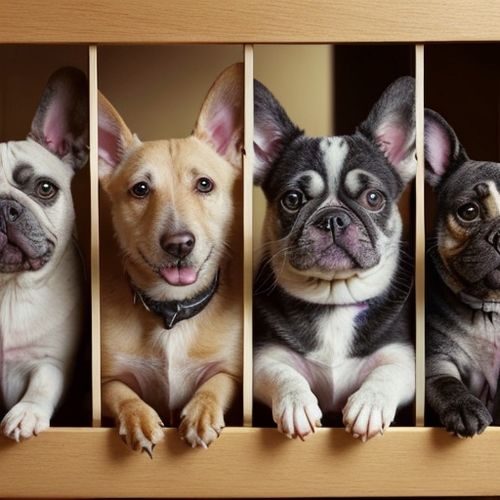
By Noah Bell/Apr 19, 2025